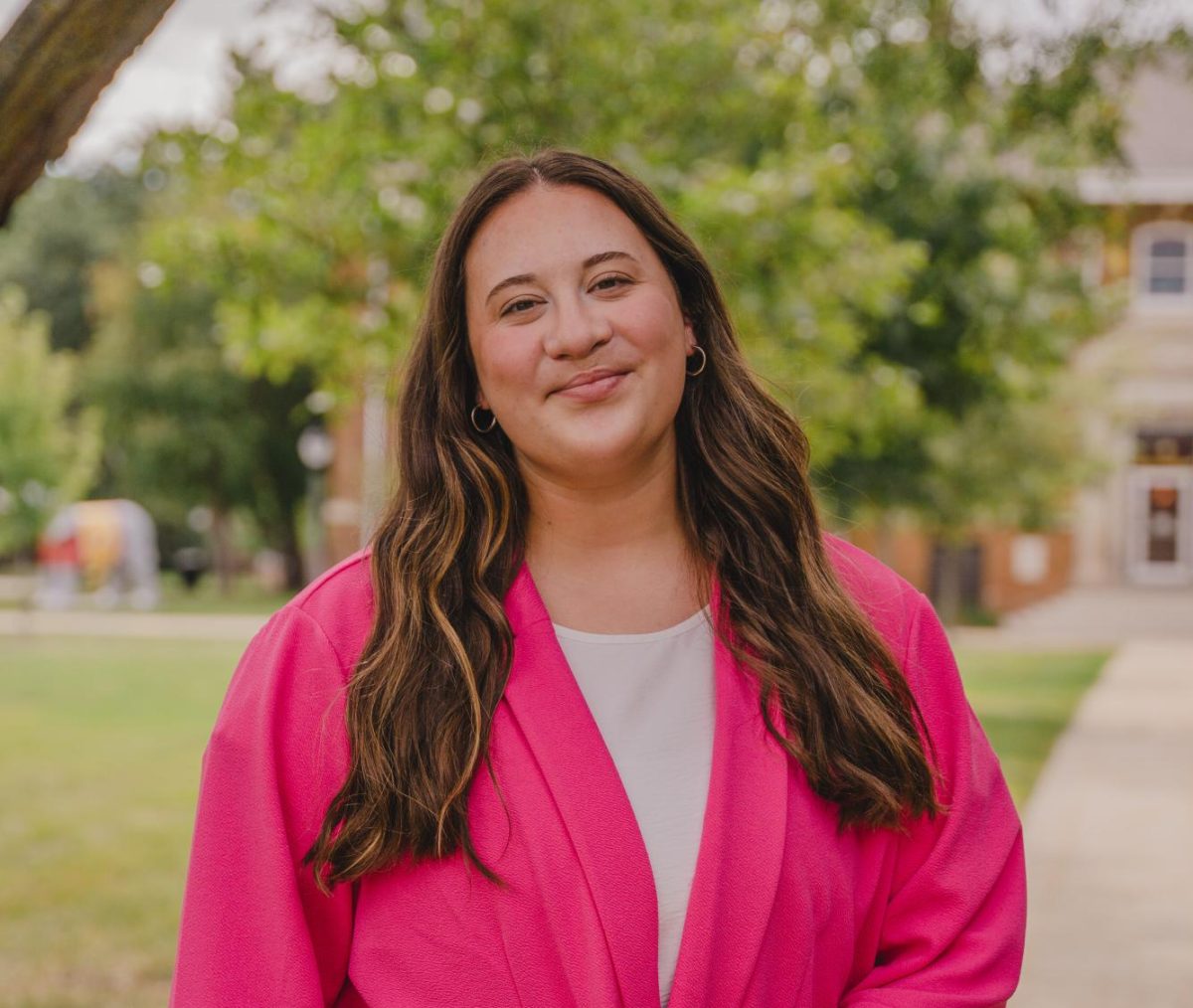DAL students get ‘Simpson Expericence,’ only for lower cost

November 9, 2006
Simpson College does a lot to offer its services to a wide array of people. Financial aid and grants are available to help defray the cost of attending, recruitment is conducted in places more diverse than central Iowa and the Division of Adult Learning allows working non-traditional students access. Since this last summer, I have become far more acquainted with the latter.
So far, I’ve taken four courses through the DAL and completed three. During that time, I’ve had the opportunity to compare the “normal” Simpson four- or five-year experience and the experience working adults get through Simpson night and weekend courses. Unsurprisingly enough, they’re pretty similar.
For one, the same faculty members teach the same courses for the DAL at its West Des Moines classrooms as do at Indianola’s main campus. They use similar textbooks and similar tactics to teach. The same sorts of projects and papers are assigned.
Those same papers are written on similarly new campus computers, with the same programs and accessibilities as those in the Dunn Library. Students can still Facebook all day long on computers at the West Des Moines campus, just like in Indianola.
Not surprisingly enough, the all-around quality of education for those who participate in the DAL is on par with that of traditional students. Simpson is, after all, a top-notch institution with excellent faculty, and the DAL is a part of Simpson.
However, there is one glaring, seemingly unexplainable difference between the traditional experience and that of the DAL – the price.
The cost of one credit hour at Simpson for traditional, full-time students ranges from $1,370 to $1,827, from the maximum 16-credit enrollment to the minimum full-time 12 hours, respectively.
For the DAL, it sits at a paltry $212 per credit hour, according to Simpson’s Web site. That, my friends, is one hell of a difference.
Is there some service, some perk at the main campus I’ve been missing? Does regular tuition come with a timeshare in Aspen that no one told me about?
Granted, the cost of maintaining the main campus is guaranteed to be much higher than that of the West Des Moines office building, and the energy costs greater as well. There’s no library in West Des Moines and no labs. But the education is the same, the degree still says Simpson and the opportunity to succeed is just as strong.
My point is simple – there’s not much there to justify a 700 percent mark-up on the traditional Simpson experience.




